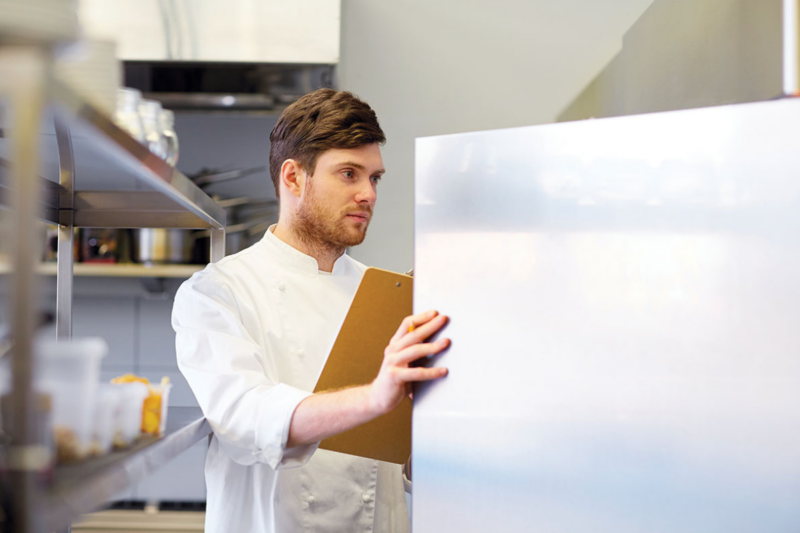The Missouri Supreme Court ruled last week that restaurants cannot claim a tax exemption for the purchase of kitchen equipment, nor claim a resale exemption for the purchase of tables, chairs, plates and servingware used by their patrons.
The ruling pivoted on a determination that restaurants prepare rather than manufacture food for their customers. Consequently, the court said, they cannot get the same tax breaks available to manufacturing plants or meat processing companies.
“In lay terminology, one does not speak of a restaurant as manufacturing or producing food or drink; instead, restaurants prepare, cook and serve food and drink to their customers,” the court said in a 6-1 decision written by Judge Laura Denvir Stith.
The ruling dealt specifically with 23 restaurants owned by Dallas-based Brinker Missouri Inc., which operates Chili’s Grill & Bar, Romano’s Macaroni Grill, On the Border, and Maggiano’s Little Italy. Brinker had claimed the manufacturer exemption for equipment and the resellers’ exemption for dining room purchases. The company originally sought a tax refund of about $54,000 for restaurant equipment bought between Oct. 1, 2003, and Dec. 31, 2004. The state denied nearly $49,000 of that claim, and the restaurant company appealed about $44,000 of that denial.
Attorneys for Brinker Missouri had argued their purchase of tables, chairs, dishes, cups and eating utensils should be tax-exempt because customers later buy the right to use them when they purchase their food.
“This argument proves too much,” Stith wrote in the court’s decision. “The plates, tables and chairs are not in any real sense transferred to customers any more than a piece of the restaurant floor is transferred to a customer when he or she walks on it, or a bottle of ketchup is transferred when a customer picks it up to use or inspect it, or a menu is transfered to a customer who reads it.”
In his dissent, Chief Justice William Ray Price Jr. wrote that a manufacturer’s tax exemption for equipment was indeed appropriate in the purchase of equipment used to produce “a product which is intended to be sold ultimately for final use or consumption.”
Price compared restaurants to manufacturing plants, adding, “Cooking is manufacturing under the [state] statute” as “there can be no valid distinction between a facility that prepares food for wholesale consumption and one that prepares food for retail consumption.”
He cited previous cases in which the court had applied a broad interpretation of manufacturing plants to allow tax exemptions on equipment bought by telephone companies and newspaper publishers.
Brinker Missouri has not commented on the case. The ruling has immediate consequences beyond those for Brinker Missouri. Missouri’s Department of Revenue reported an additional 28 pending tax-refund claims based on arguments similar to those made by Brinker Missouri.
RELATED CONTENT
- Advertisement -
- Advertisement -
- Advertisement -
TRENDING NOW
- Advertisement -
- Advertisement -
- Advertisement -


